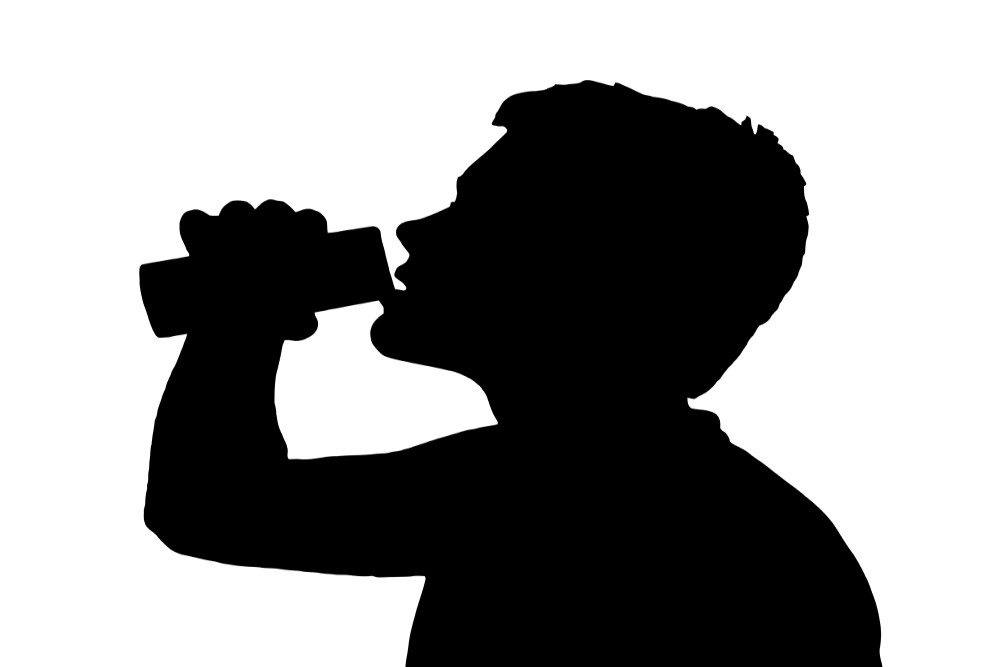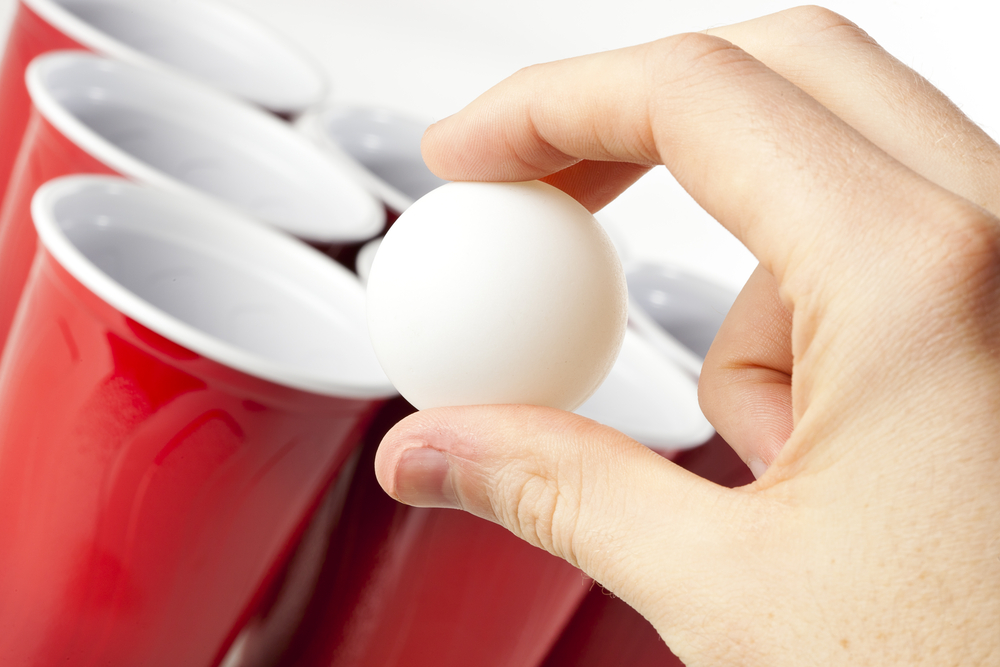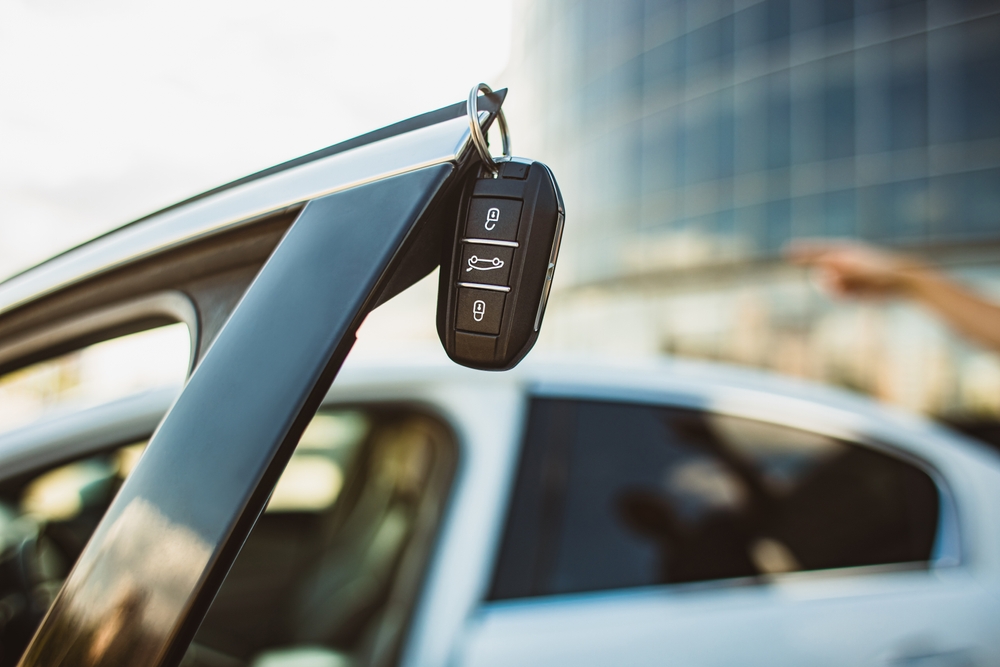Alternatives to Alcohol for Anxiety: 5 Healthy Options

It’s a common misconception that drinking alcohol is a good way to relieve stress and anxiety. Beer commercials show couples relaxing on a beach or friends gathering at a bar after a hard day at work. Movies portray people of all ages using alcohol to forget their worries. You may have family members or friends who say that drinking alcohol helps “take the edge off.”
If you struggle with anxiety, however, using alcohol may make your condition worse. In truth, there are many better alternatives to alcohol for dealing with anxiety.
How does alcohol affect anxiety?
Did you know that alcohol is a depressant? For many people, the first few sips can have a stimulating effect that makes them feel more energetic, but actually, alcohol slows down the central nervous system. That’s why some people feel relaxed and less anxious when they begin to drink.
Unfortunately, those effects don’t last long and may soon be replaced by more anxiety or depression. Worse still, excessive alcohol consumption can lead to a wide range of negative side effects, such as slower reaction time, poor judgment, vomiting, and blackouts — all of which bring about additional anxiety.
Drinking alcohol also contributes to anxiety because it disrupts sleep patterns and may lead to insomnia. It also interferes with the brain’s ability to regulate emotions. If you’re taking medication for anxiety or depression, alcohol may decrease the medicine’s effectiveness and leave you feeling worse than before you had a drink.
What are some healthy alternatives to alcohol for anxiety?
If you feel tempted to use alcohol as a coping mechanism, you need to understand that there are many alternatives to drinking that are much safer and more effective ways of dealing with anxiety. Here are a few to try:
- Exercise – Have you ever heard of a “runner’s high”? The term refers to the feeling many people experience when they work out. Exercise releases hormones called endorphins that can create happiness, reduce anxiety, and improve your mood. You don’t have to take up running to experience this great feeling. You can go for a walk, ride your bike, dance around your bedroom, join a fitness class, or do whatever you like to get your body moving and elevate your heart rate.
- Meditation – If moving fast isn’t your thing, try the opposite end of the spectrum and get very still. Meditation has been used for centuries to quiet the mind and calm stress and anxiety. While there are different forms of meditation, the goal is always to focus your attention on the present moment and stop your mind from wandering into the past or future. Even 5-10 minutes a day can help decrease your anxiety level.
- Deep Breathing – Yes, everyone has to breathe all the time, but most of us do it unconsciously. When you take time to breathe a certain way, on purpose, you can slow down your body’s response to stress and anxiety. Box breathing is a simple technique that can be done anywhere. All you have to do is inhale to a count of four, hold in your breath for a count of four, exhale to a count of four, hold out your breath for a count of four, and repeat the whole process until you’re feeling relaxed.
- Spending time with family and friends – Spending time with the people you love, especially those who make you laugh and feel good about yourself, can be one of the best ways to release stress and anxiety. Play games, watch a movie, listen to music, or just enjoy each other’s company.
- Talking with someone – When you’re feeling overwhelmed by anxiety, it’s a good idea to talk with someone about it. Sometimes just sharing your feelings with a friend or family member can help you feel better, but if you need more guidance, school counselors and mental health professionals are also available to listen and help you learn to manage your anxiety more effectively.
Why is it especially important to avoid alcohol if you’re underage?
Besides being illegal, underage drinking can damage the developing teenage brain. It can cause a decrease in brain activity and permanently damage the areas responsible for learning and memory. Consuming alcohol as a teenager increases your risk of developing alcohol use disorder as an adult, and it can lead to more severe mental health issues like depression.
Want to learn more?
If you’re a teenager struggling with anxiety, you’ll only make your issues worse by consuming alcohol. Before you think of picking up a drink, try one of the above alternatives to alcohol.
You can learn even more about how to avoid underage drinking by visiting TalkitOutNC.org today!



